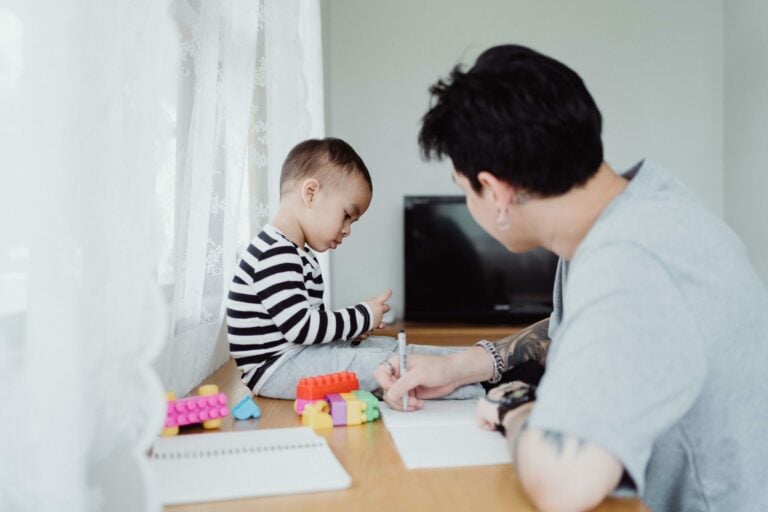During a divorce, California parents usually just want what is in the best interests of their children. However, what those best interests are can be highly subjective. Long-held biases in both the general public and family law can make it difficult for fathers to continue being active parents after divorce. For some, it could even lead to a custody dispute.
There are currently around two million stay-at-home dads in the United States. Despite this, 14% of Americans think that opportunities for mothers to bond with babies should be prioritized over bonding opportunities for fathers. This attitude goes beyond initial bonding, as 53% of people think that mothers are just better suited for child rearing. Only 1% of adults believe that a father could do a better job at caring for a baby.
These biases show up during matters involving child custody. Due to a number of factors, including divorce and unmarried parents who have children together, 25% of children do not live with their fathers even some of the time. This is generally not from a lack of desire on the fathers part, but because of inherent inequalities that men face when trying to be active parents. The problem is especially difficult for unmarried fathers who may be unsure of their legal rights or how to uphold them.
Depending on the situation, some parents are able to work out their own custody agreement outside of court, which is then signed off by a judge. When this is not possible, a child custody dispute may be unavoidable. California fathers who are ready to address their problems with either a proposed or current custody order should consider speaking with an attorney before moving forward, as doing so could provide valuable insight on their options and possible outcomes.



